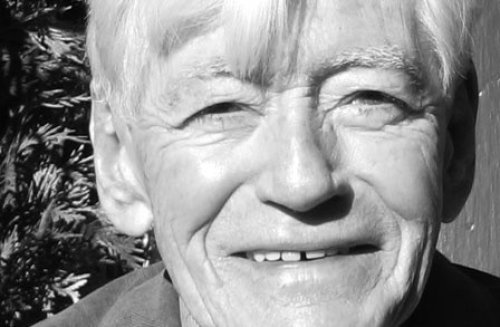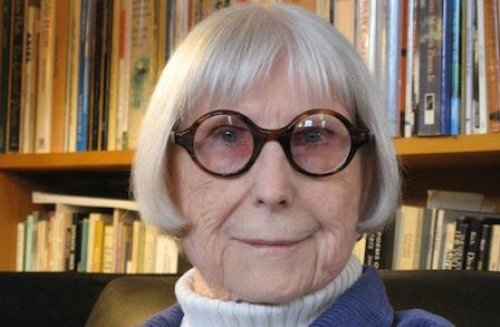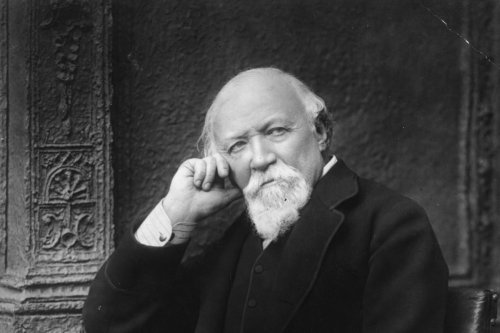it is essentially reluctance the language
a darkness, a friendship, tying to the real
but it is unreal
the clarity desired, a wish for true sight,
all tangling
‘you’ tried me, the everyday which
caught me, turning the house
in the wind, a lovecraft the political
was not my business I could not look
without seeing the decay, the shit poured
on most things, by indifference, the personal
power which is simply that, demanding a friend
take dullness out of the world (he doesn’t know
his lousy emptiness) I slept
in a fire on my book bag, one dried wing
of a white moth the story is of a man
who lost his way in the holy wood
because the way had never been taken without
at least two friends, one on each side,
always led now left to acknowledge,
he can’t breathe, the darkness bled
the white wing, one of the body
of the moth that moved him, of the other
wing, the language is bereft










Comment form: